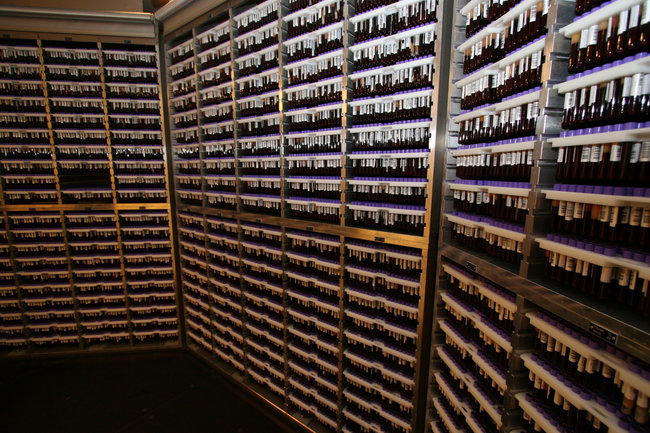The New York Times recently published an article documenting a breakthrough in Alzheimer’s research from a study led by DeCode Genetics, an Icelandic company. Read on for highlights from the article:
“A study of a rare gene mutation that protects people against Alzheimer’s disease provides the strongest evidence yet that excessive levels of a normal brain substance, beta amyloid, are a driving force in the disease — bolstering hopes that anti-amyloid drugs already under development might alter the disease’s course or even prevent it.
The protective mutation, whose discovery was reported online Wednesday in the journal Nature, is highly uncommon — it is not the reason most people do not develop Alzheimer’s. But what intrigues researchers is how it protects the brain.
Mutations that cause Alzheimer’s lead to excessive amounts of beta amyloid in the brain; by contrast, the protective mutation slows beta amyloid production, so people make much less.
The discovery of the protective gene mutation, a product of the revolution that has taken place in genetics, arose when researchers scanned the entire DNA of 1,795 Icelanders.
About 1 in 100 had a mutation in the gene for a large protein that is sliced to form beta amyloid. Then the investigators studied people who had been given an Alzheimer’s diagnosis, and a group of people 85 and older. Those with the mutation appeared to be protected from Alzheimer’s disease.
The investigators, led by Dr. Kari Stefansson, chief executive at DeCode Genetics, an Icelandic company, looked at genomes of North Americans and found the gene mutation in only about 1 in 10,000 people. That indicates, Dr. Stefansson said, that the mutation arose relatively recently in Scandinavia.
The protective gene even appears to override a very strong risk factor for Alzheimer’s disease in old age — two copies of a gene known as ApoE4. Ninety percent of people with two ApoE4 genes get Alzheimer’s by age 80. But Dr. Stefansson says there are 25 people in his study with two copies of ApoE4. None have Alzheimer’s disease.”


Comments
article Next
article